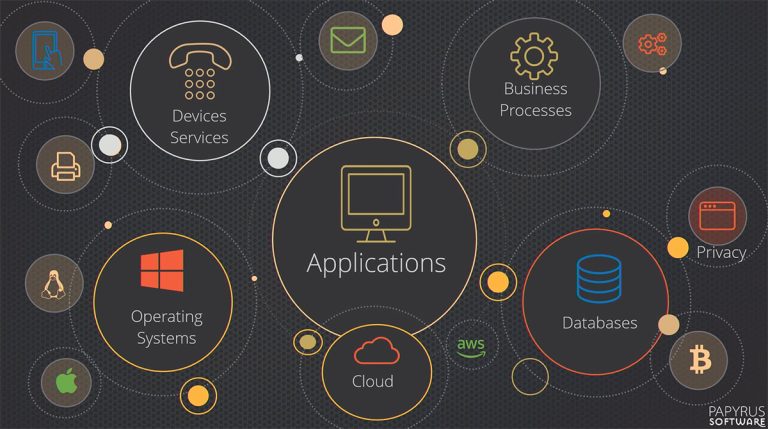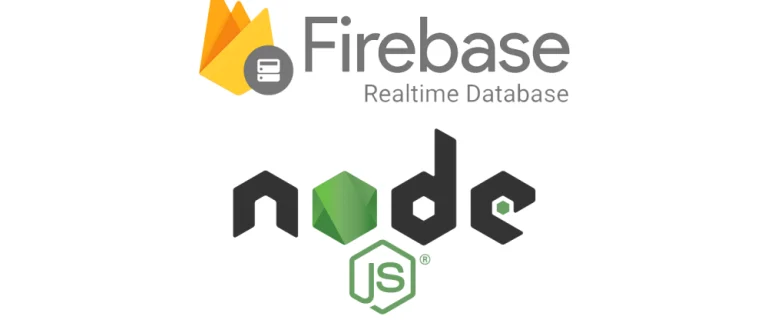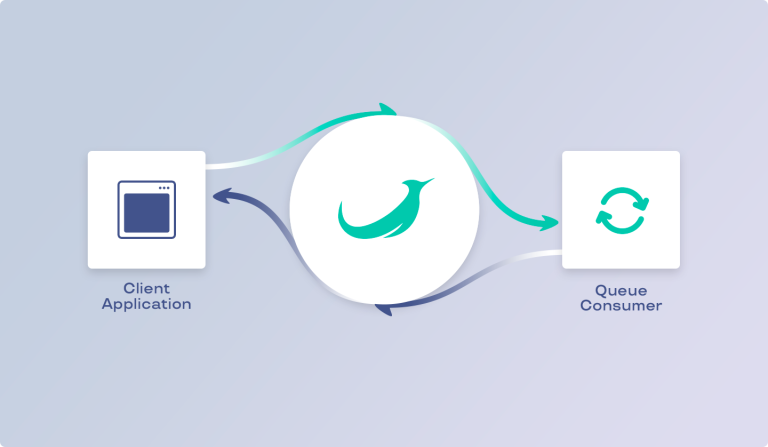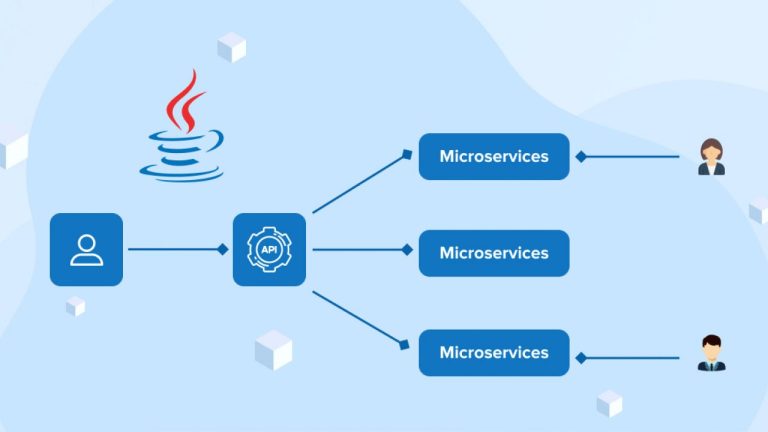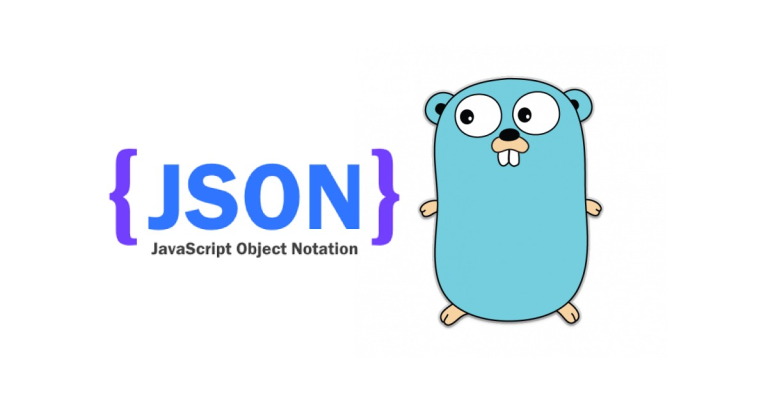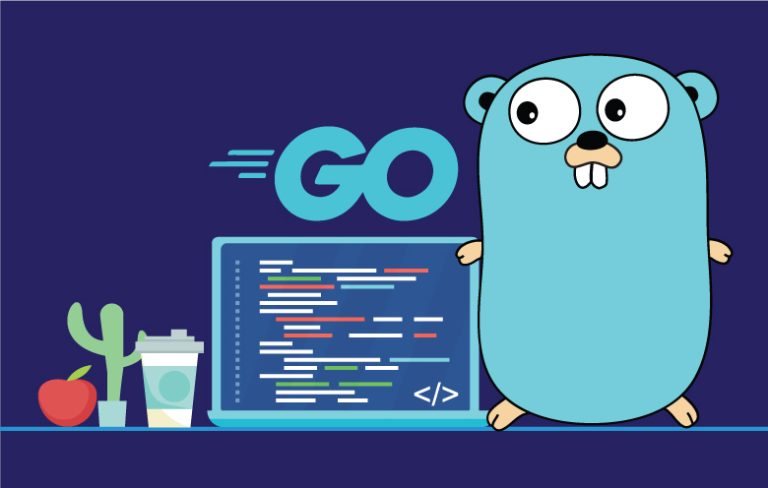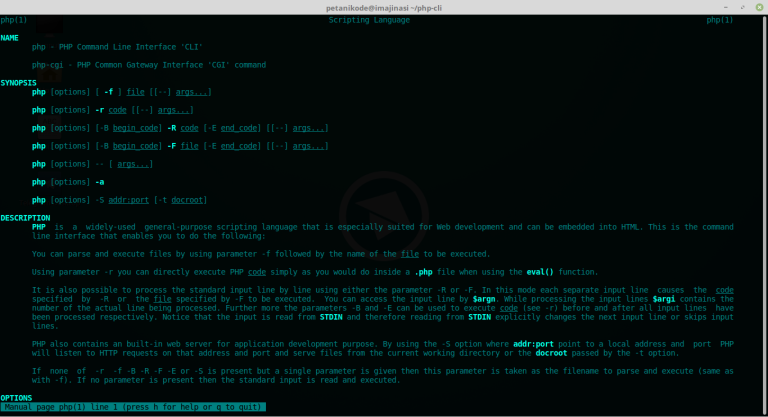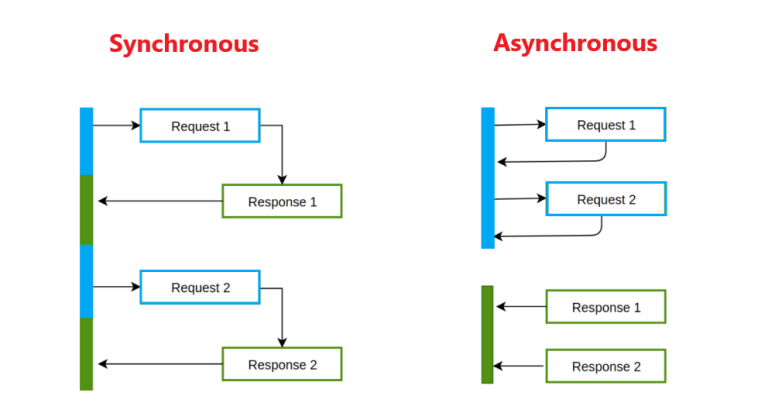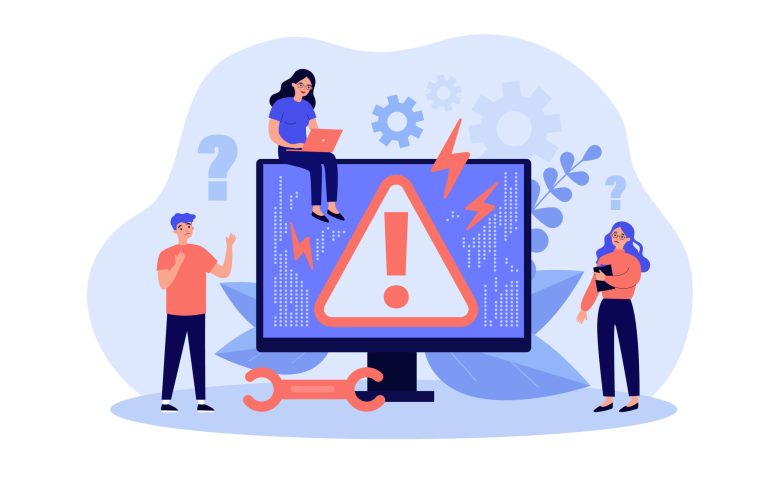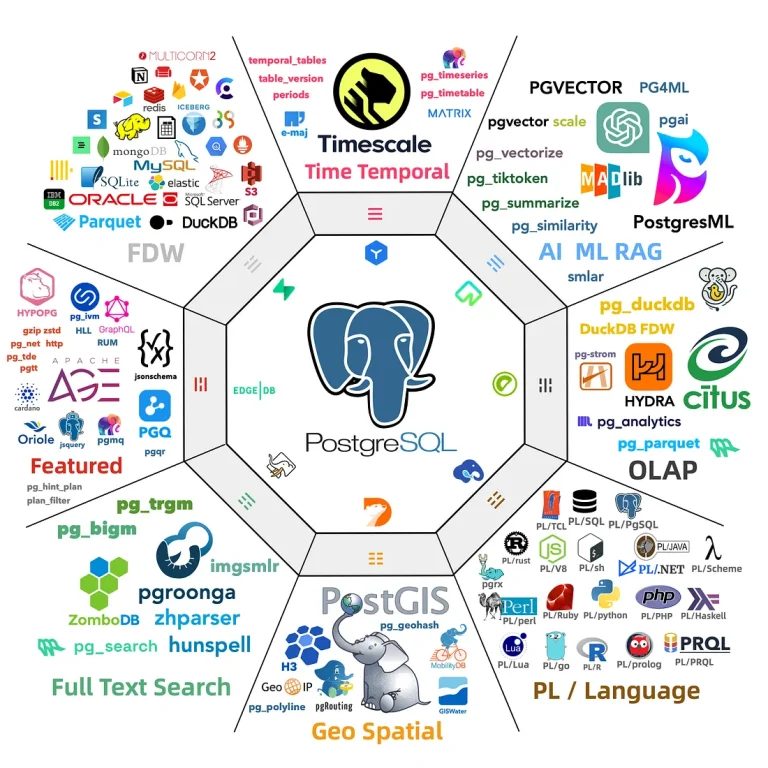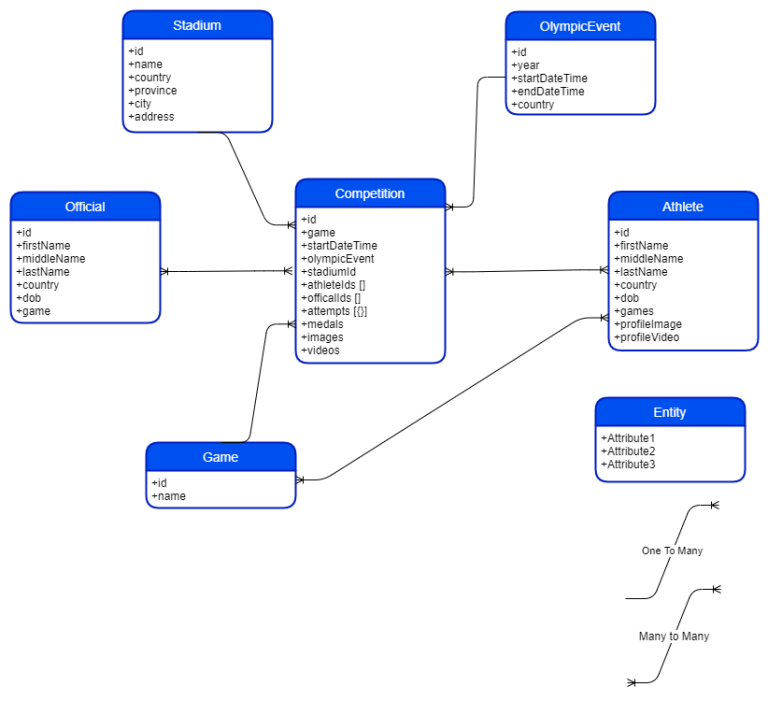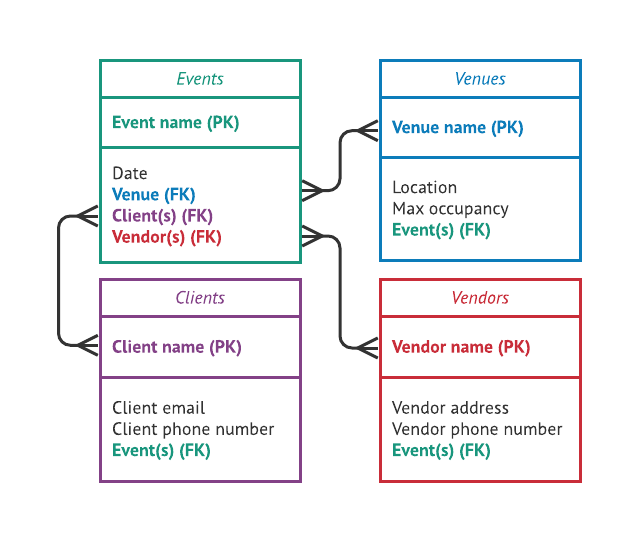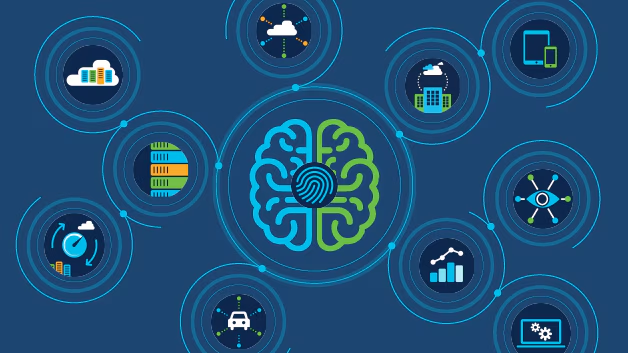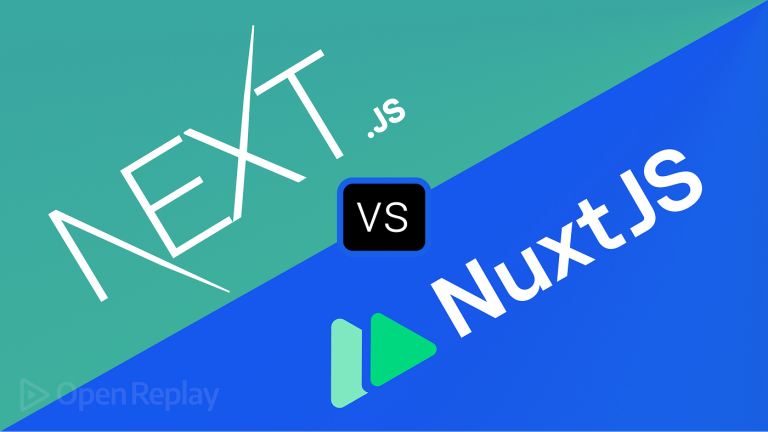Introduction
As technology continues to evolve at an unprecedented pace, staying abreast of the latest programming languages is crucial for any aspiring developer or seasoned professional. In 2024, the dynamic landscape of software development demands proficiency in languages that cater to diverse needs, from web development to artificial intelligence. Here, we present the top 10 programming languages to master in 2024.
- Python
Python continues to dominate the programming world with its versatility and readability. Widely used in web development, data science, artificial intelligence, and automation, Python remains an essential language for developers across various domains. - JavaScript
As the backbone of web development, JavaScript maintains its significance in 2024. With the rise of frameworks like React and Vue.js, mastering JavaScript is crucial for creating dynamic and interactive user interfaces. - TypeScript
TypeScript, a superset of JavaScript, has gained popularity for its static typing capabilities. It adds an extra layer of reliability to large-scale applications, making it a preferred choice for developers working on complex projects. - Java
Java’s robustness and platform independence continue to make it a staple in enterprise-level development. It powers Android apps, large-scale systems, and cloud-based applications, making it a language worth mastering for its wide range of applications. - Go (Golang)
Go has emerged as a powerful language for building scalable and efficient applications. Developed by Google, Go’s simplicity, and concurrency support make it ideal for systems programming and cloud-based services. - Rust
Rust’s focus on memory safety without sacrificing performance has made it a favorite for systems-level programming. As the demand for secure and efficient code grows, Rust’s popularity in 2024 is expected to rise further. - Kotlin
Kotlin, officially supported for Android development, has gained traction as a modern and concise language. Its interoperability with Java and concise syntax make it an attractive option for building Android applications. - Swift
Apple’s Swift remains a must-learn language for iOS and macOS development. With regular updates, Swift continues to enhance its performance and introduces new features, making it indispensable for Apple ecosystem developers. - SQL
Structured Query Language (SQL) remains a fundamental language for managing and querying relational databases. As data continues to play a pivotal role in applications, proficiency in SQL is crucial for developers working with databases. - R Programming
R is indispensable for statisticians and data scientists. In 2024, its significance has expanded beyond statistical analysis to include machine learning and data visualization, making it a valuable language in the data science toolkit.
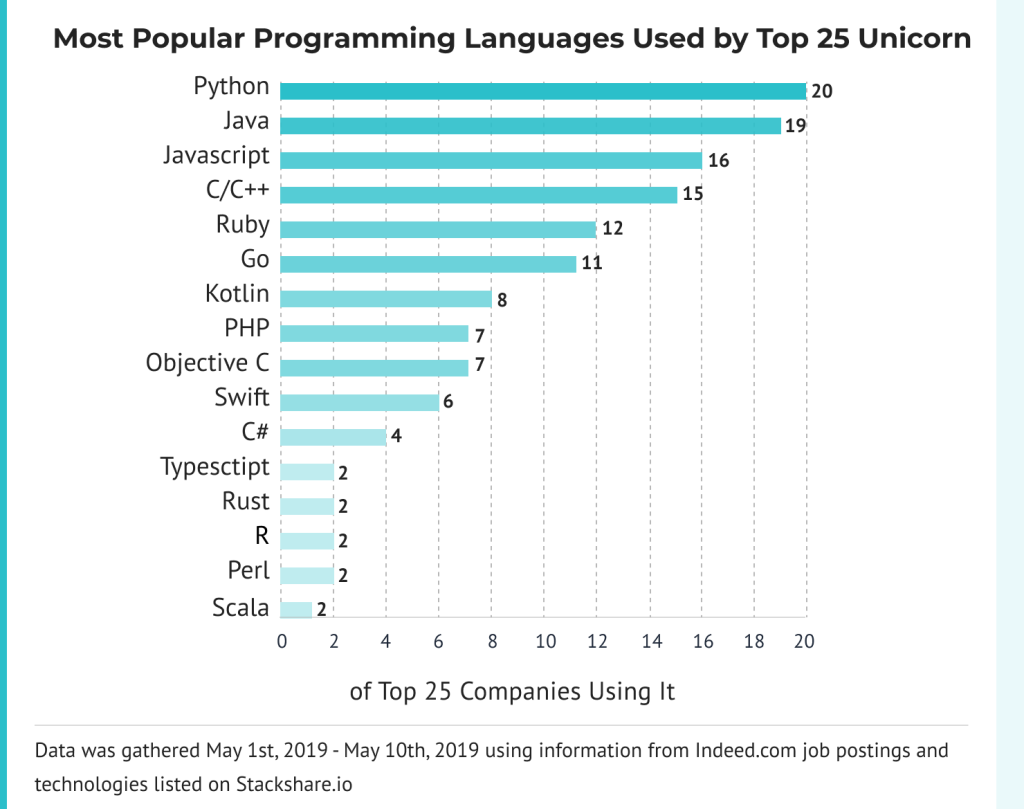
In the ever-evolving landscape of programming, staying current with the latest languages is essential for developers aiming to build cutting-edge applications. The top 10 languages for 2024 offer a diverse set of tools, catering to various domains and ensuring that developers remain adaptable to the dynamic needs of the tech industry. Whether you’re a seasoned professional or a newcomer to programming, investing time in mastering these languages will undoubtedly open doors to exciting and rewarding opportunities in the world of software development.
Exploring the Top 10 Programming Languages of 2024: Sample Code Showcase
As we delve into the dynamic world of programming in 2024, mastering the top languages is essential for staying relevant in the ever-evolving tech landscape. Let’s explore these languages through a sample code showcase, providing snippets that highlight their unique features and applications.
- Python:
# Sample Python code for a basic web scraper using BeautifulSoup
import requests
from bs4 import BeautifulSoup
url = 'https://example.com'
response = requests.get(url)
soup = BeautifulSoup(response.text, 'html.parser')
# Extracting and printing all the links on the page
for link in soup.find_all('a'):
print(link.get('href'))- JavaScript:
// Sample JavaScript code for a simple interactive web page
document.getElementById('myButton').addEventListener('click', function() {
alert('Button clicked!');
});- TypeScript:
// Sample TypeScript code defining a simple interface and class
interface Person {
name: string;
age: number;
}
class Employee implements Person {
constructor(public name: string, public age: number) {}
}- Java:
// Sample Java code for a basic console application
public class HelloWorld {
public static void main(String[] args) {
System.out.println("Hello, World!");
}
}- Go (Golang):
// Sample Go code for a basic HTTP server
package main
import (
"fmt"
"net/http"
)
func handler(w http.ResponseWriter, r *http.Request) {
fmt.Fprintf(w, "Hello, Go!")
}
func main() {
http.HandleFunc("/", handler)
http.ListenAndServe(":8080", nil)
}- Rust:
// Sample Rust code for a simple command-line tool
use std::io;
fn main() {
println!("Enter a number:");
let mut input = String::new();
io::stdin().read_line(&mut input).expect("Failed to read line");
let number: i32 = input.trim().parse().expect("Invalid number");
println!("You entered: {}", number);
}- Kotlin:
// Sample Kotlin code for a basic Android application
fun main() {
println("Hello, Kotlin!")
}- Swift:
// Sample Swift code for a basic iOS app
import UIKit
class ViewController: UIViewController {
override func viewDidLoad() {
super.viewDidLoad()
print("Hello, Swift!")
}
}- SQL:
-- Sample SQL code for creating a basic table
CREATE TABLE Users (
UserID INT PRIMARY KEY,
UserName VARCHAR(50) NOT NULL,
Email VARCHAR(100)
);- R:
# Sample R code for data visualization using ggplot2 library(ggplot2) # Creating a simple scatter plot data <- data.frame(x = rnorm(100), y = rnorm(100)) ggplot(data, aes(x = x, y = y)) + geom_point()
Conclusion:
These sample code snippets offer a glimpse into the diverse capabilities of the top programming languages of 2024. Whether you’re building web applications, mobile apps, or working with data, mastering these languages opens up a world of possibilities in the exciting field of software development. Experiment with these snippets, explore their respective ecosystems, and embark on a journey of continuous learning in the ever-evolving world of programming.
Reference
- TIOBE Index: TIOBE Index
- Stack Overflow Developer Survey: Stack Overflow Developer Survey
- GitHub Octoverse: GitHub Octoverse

